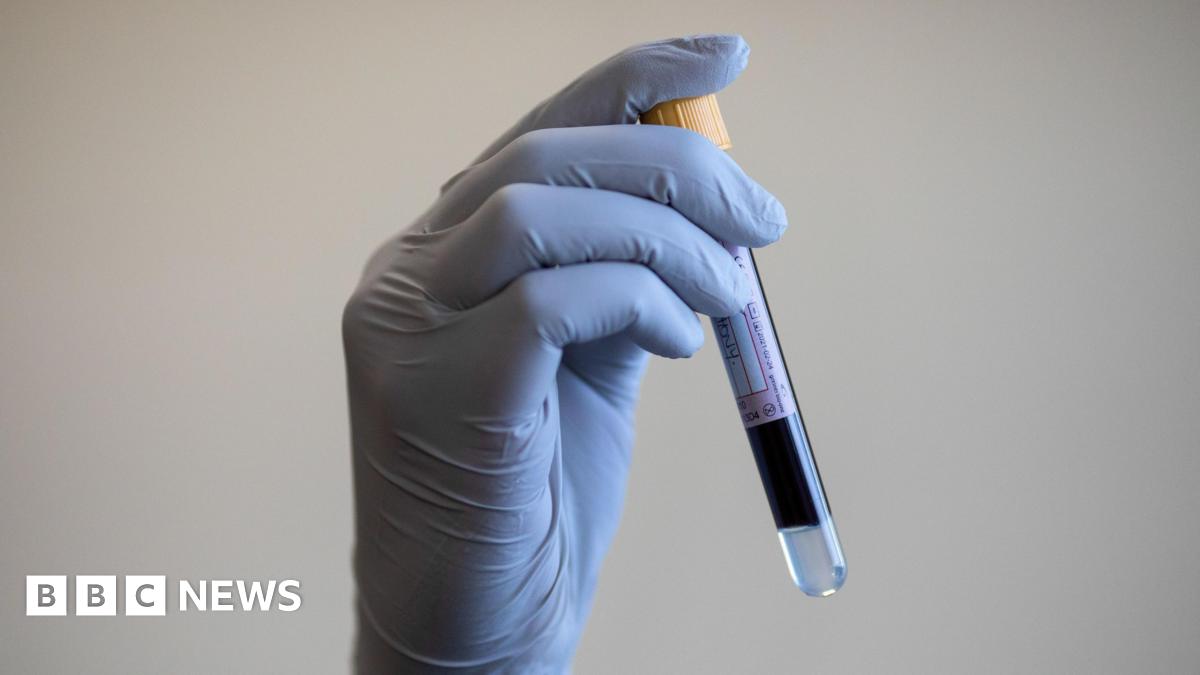In the latest study, published in the British Medical Journa, externall, 1.5 million patients had at least one PSA test between 2000 and 2018, resulting in 3.8 million PSA tests overall.
Almost half of those patients had multiple tests, with 73% never having a PSA value above the point at which they would normally be referred for testing.
Researchers also noted that patients in their 70s were far more likely to be tested than younger men, with testing rates were also higher for white men.
Overall, testing rates were two to three times higher in people without symptoms than in patients with symptoms.
The researchers said: “Although many patients were never tested, suggesting possible under-testing, others were tested only once, which may be insufficient for those at risk.
“The benefit of re-testing and ad hoc screening remains uncertain and requires further research to determine evidence-based re-testing intervals that balance the benefits of early detection with the harms of overdiagnosis.”
Naser Turabi, Cancer Research UK’s director of evidence, said: “While we’ve seen breakthroughs in treatment, more research is needed to improve how we diagnose the disease.
“As this study shows, detecting aggressive forms of prostate cancer is complex, and the current PSA test isn’t reliable enough.”
